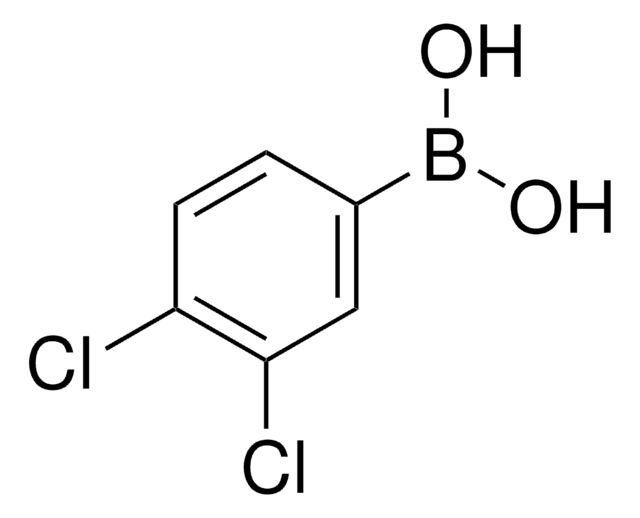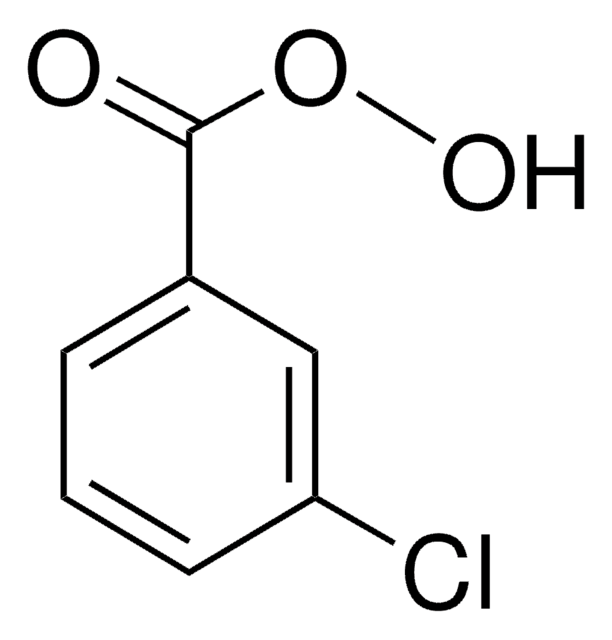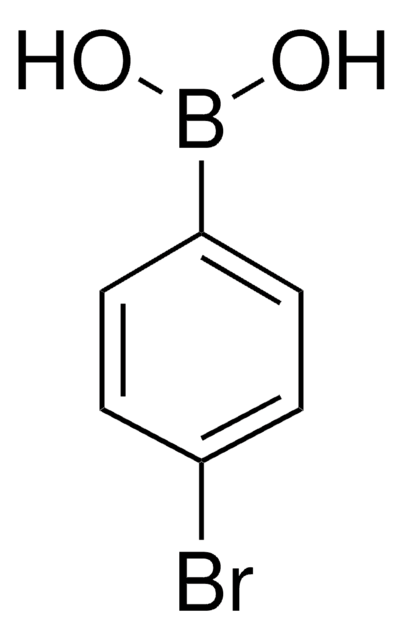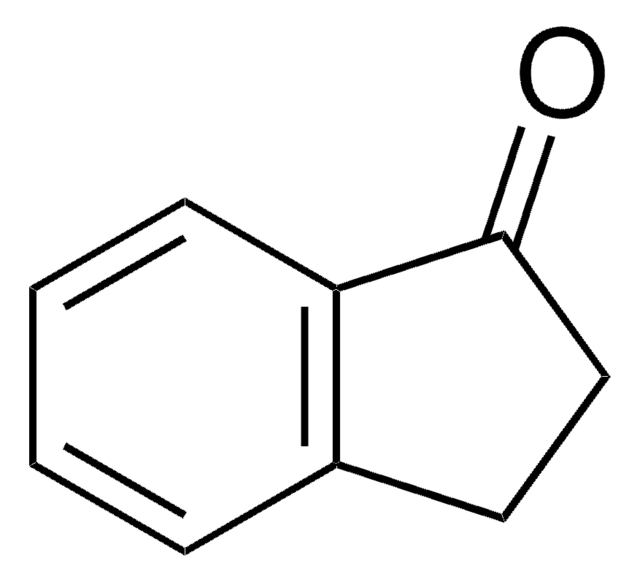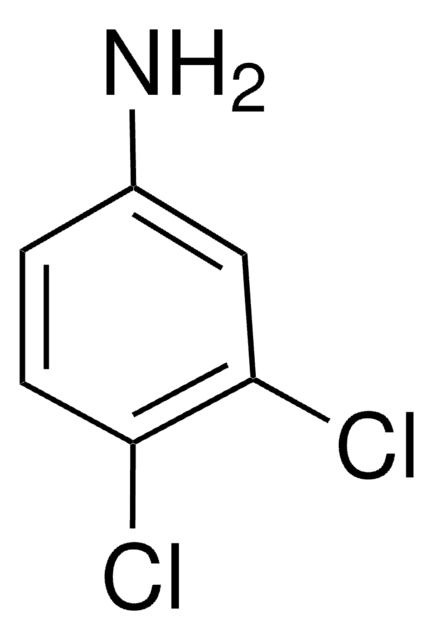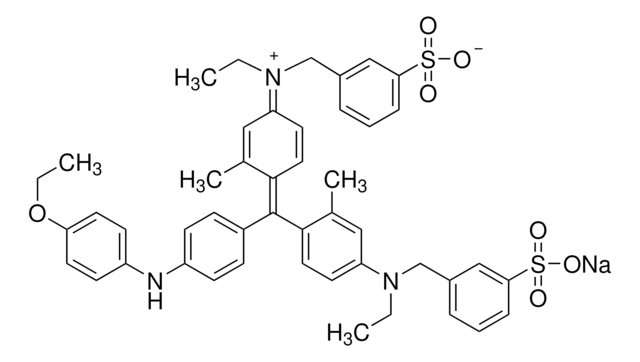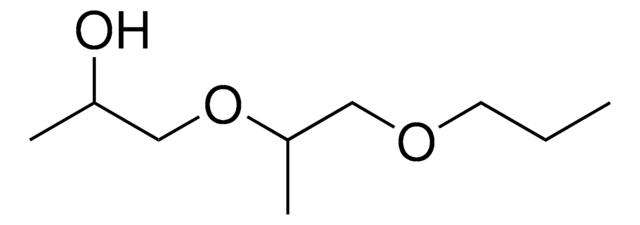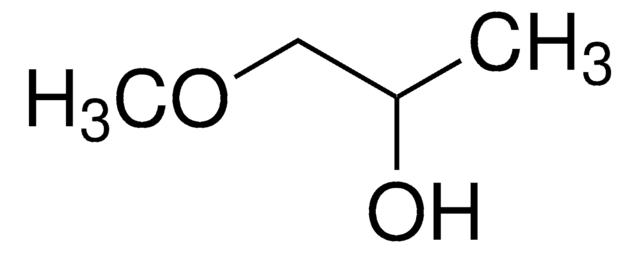484423
1-Phenoxy-2-propanol
≥93%
Synonym(s):
DOWANOL® PPh, Propylene glycol phenyl ether, Propylene phenoxytol
About This Item
Recommended Products
Quality Level
Assay
≥93%
impurities
<7% di(propylene glycol) phenyl ether
refractive index
n20/D 1.523 (lit.)
bp
243 °C (lit.)
solubility
water: soluble 198 g/L at 20 °C
density
1.064 g/mL at 20 °C (lit.)
functional group
hydroxyl
phenoxy
SMILES string
CC(O)COc1ccccc1
InChI
1S/C9H12O2/c1-8(10)7-11-9-5-3-2-4-6-9/h2-6,8,10H,7H2,1H3
InChI key
IBLKWZIFZMJLFL-UHFFFAOYSA-N
Looking for similar products? Visit Product Comparison Guide
General description
Application
Legal Information
Signal Word
Warning
Hazard Statements
Precautionary Statements
Hazard Classifications
Eye Irrit. 2
Storage Class Code
10 - Combustible liquids
WGK
WGK 1
Flash Point(F)
235.4 °F - closed cup
Flash Point(C)
113 °C - closed cup
Personal Protective Equipment
Regulatory Listings
Regulatory Listings are mainly provided for chemical products. Only limited information can be provided here for non-chemical products. No entry means none of the components are listed. It is the user’s obligation to ensure the safe and legal use of the product.
FSL
Group 4: Flammable liquids
Type 3 petroleums
Hazardous rank III
Water insoluble liquid
ISHL Indicated Name
Substances Subject to be Indicated Names
ISHL Notified Names
Substances Subject to be Notified Names
JAN Code
484423-BULK:
484423-1L:
484423-5L:
484423-VAR:
Choose from one of the most recent versions:
Already Own This Product?
Find documentation for the products that you have recently purchased in the Document Library.
Customers Also Viewed
Our team of scientists has experience in all areas of research including Life Science, Material Science, Chemical Synthesis, Chromatography, Analytical and many others.
Contact Technical Service